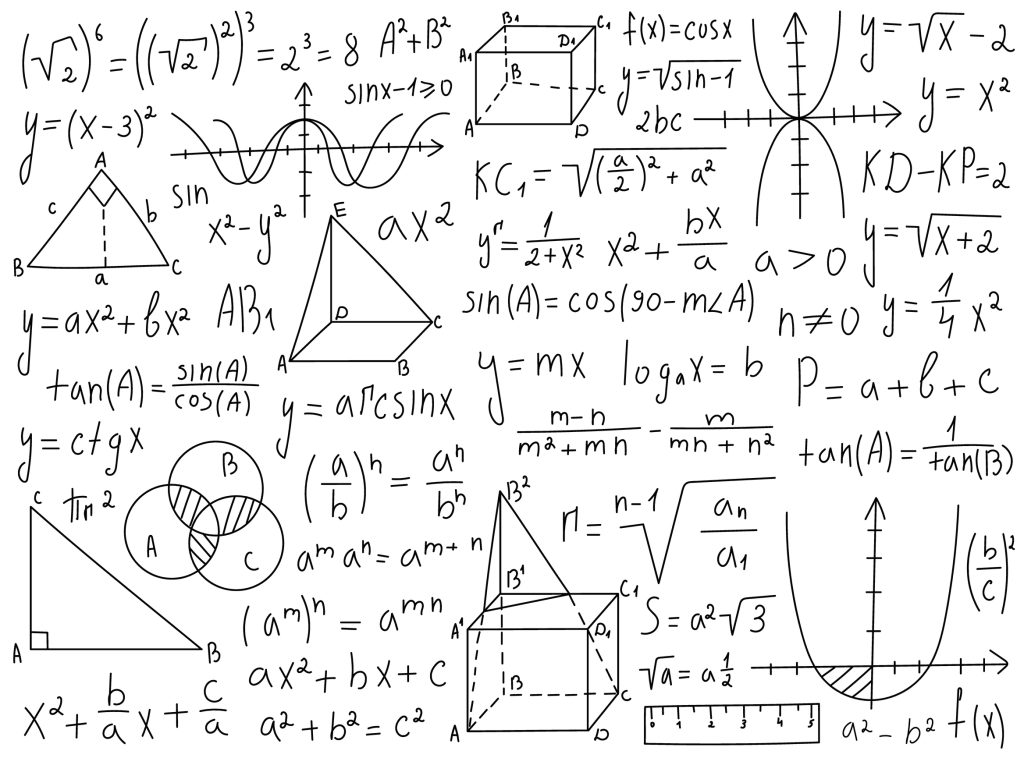Studies have shown that deliberate practice is a key factor in developing expertise in many fields, including mathematics. Deliberate practice involves intentionally practicing a skill and receiving feedback on your performance, with the goal of improving your performance over time.
When it comes to mathematics, deliberate practice entails tackling different types of problems, receiving feedback on solutions, and enhancing problem-solving abilities gradually. This approach can be highly beneficial for students to enhance their mental arithmetic skills and gain a better comprehension of various mathematical concepts.
A student might engage in deliberate practice by
- Setting a specific goal: The student might set a goal to add and subtract two-digit numbers in their head within 10 seconds.
- Practicing regularly: The student might spend 10-15 minutes each day practicing mental arithmetic, focusing specifically on adding and subtracting two-digit numbers.
- Receiving feedback: The student might check their work using a calculator or by asking a teacher or tutor to review their solutions. They might also time themselves to see if they are meeting their goal of solving problems within 10 seconds.
- Adjusting their approach: Based on feedback, a student might adjust their approach to solving problems. For example, they might try different mental strategies, such as breaking numbers down into smaller parts or using rounding to estimate.
- Continuously setting new goals: As the student improves, they might set new goals that are more challenging. For example, they might set a goal to add and subtract three-digit numbers within 20 seconds.

There is a significant body of research on the role of practice in developing expertise in various domains, including mathematics. According to a study published in the Journal of Educational Psychology, students who engaged in deliberate practice by solving math problems and receiving feedback from a tutor showed significant improvements in their math skills compared to those who did not engage in deliberate practice.
Moreover, in a book written by Malcolm Gladwell’s “Outliers”, the notion of spending 10,000 hours of deliberate practice to achieve expertise was suggested as a key factor in developing expertise in many fields.
Overall, the statistics highlight the importance of deliberate practice in achieving success in mathematics and other domains. By engaging in regular practice, receiving feedback, and adjusting their approach based on that feedback, students can improve their skills, deepen their understanding, and ultimately achieve their goals.









